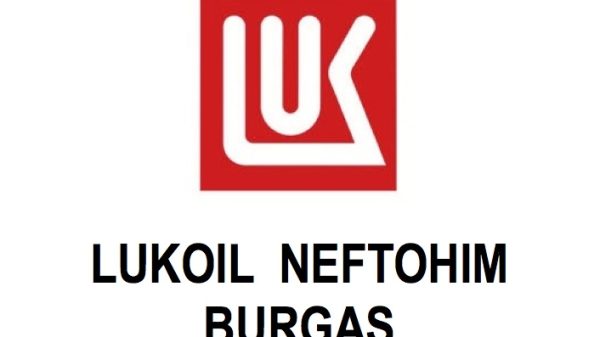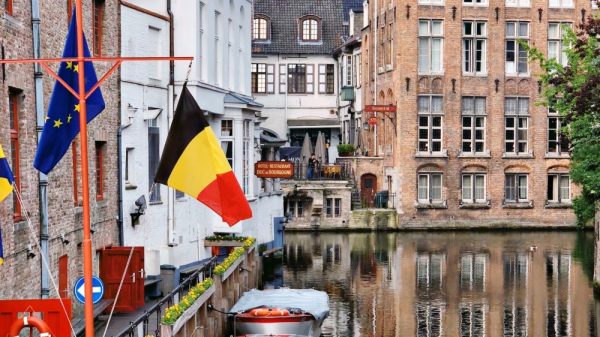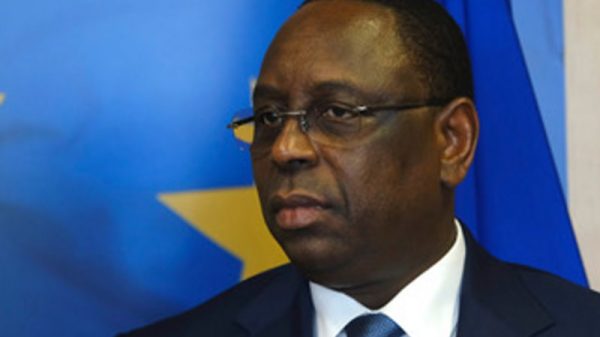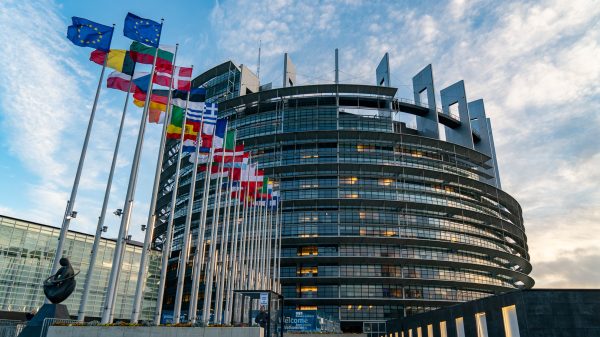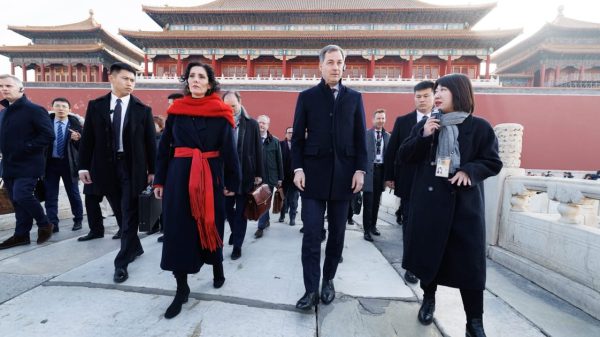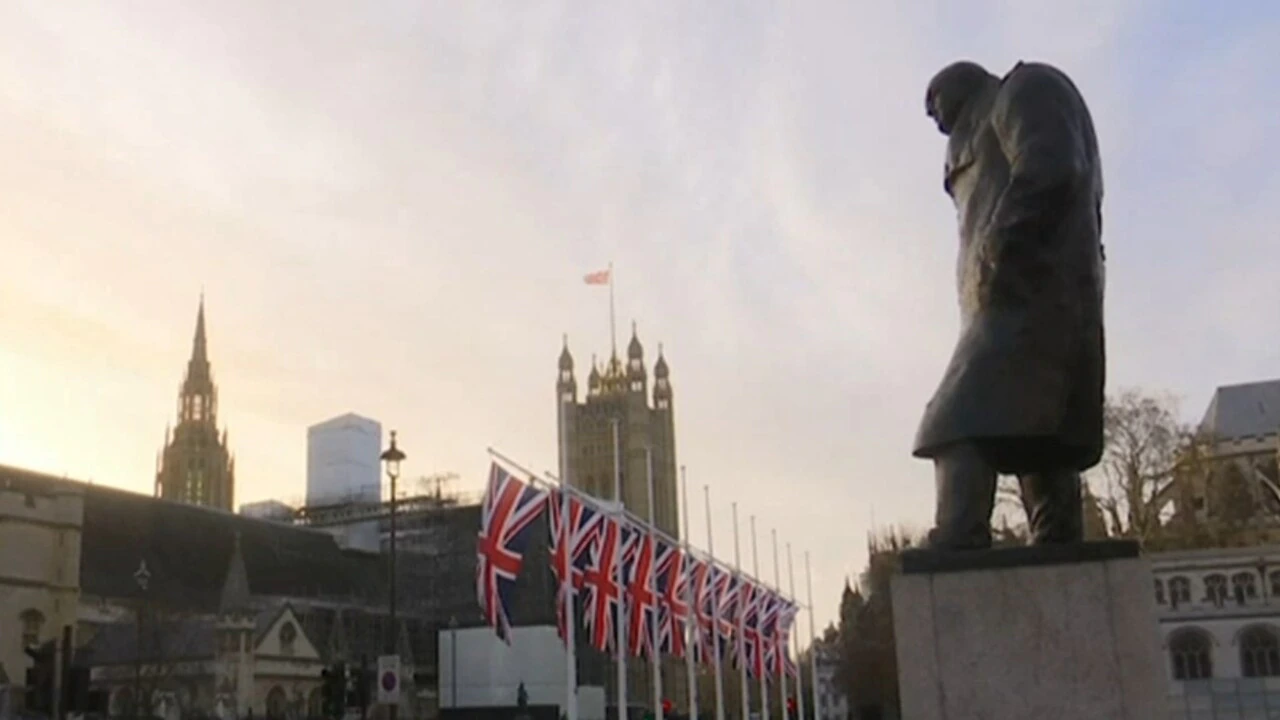British Prime Minister Liz Truss is fighting to save her premiership after sacking her finance minister in an attempt to placate markets spooked by his policies. But Ms Truss herself was behind Kwasi Kwarteng’s unfunded tax cuts, writes Political Editor Nick Powell.
Queen Elizabeth the Second rarely put a foot wrong, if you don’t count when she was acting on the advice she was obliged to accept from her ministers. Boris Johnson getting her to unlawfully suspend Parliament springs to mind but perhaps his worst advice what he told Her Majesty when he resigned, that she should appoint Liz Truss as his successor.
He had no choice either of course. The Conservative Party had elected Ms Truss as its leader after she promised its members what one of her opponents called a ‘holiday from reality’, in which taxes could fall, public spending rise and government debt soar without adverse consequences. Any turmoil on the financial markets would be a welcome sign that the economic orthodoxies that had held Britain back were being disrupted.
AdvertisementSo the new Prime Minister appointed a Chancellor of the Exchequer (finance minister), who began by sacking the top Treasury civil servant, who might have provided some unhelpfully conventional thinking. Chancellor Kwarteng also declared that he wouldn’t be running his plans past the Office for Budget Responsibility, who would have almost certainly told him that his sums didn’t add up.
Normal politics was suspended for the period of national mourning following the Queen’s death. That could have provided an opportunity to reexamine the plans and at least decide how to best reassure the financial markets and institutions. But if anything, the time seems to have been spent adding a couple of extra measures almost entirely designed to provoke further outrage.
Cutting the highest rate of income tax and eliminating the cap on bankers’ bonuses imposed by the EU had a relatively minor financial impact but were guaranteed to trigger a political storm. But it was a raft of tax cuts (and cancelled tax rises) that sent the cost of government borrowing soaring. That in turn triggered sharp increases in the cost of mortgages and very nearly bankrupted several pension funds until the Bank of England intervened.
The Chancellor soon became known as ‘Kwamikaze’, after the Japanese ‘Kamikaze’ pilots, who deliberately crashed their aircraft into enemy ships during the Second World War. But his polices were ‘Trussonomics’, a dash for growth promised by the new Prime Minister during her Conservative Party leadership campaign.
Sacking Kwarteng might buy time with the markets, at least until the new finance minister presents his own package at the end of the month, especially after Truss announced that a previously planned -and then cancelled- increase in corporation tax on business profits will go ahead after all. Though it’s only a few months since the new Chancellor, Jeremy Hunt, was himself calling for that tax to be reduced rather than increased.
Instead, he’ll either have to reverse other tax cuts that promised to make life a little easier for most working people -or impose inevitably unpopular spending cuts. Such are the choices faced by a country that voted for Brexit, a process that is estimated by that pesky Office of Budget Responsibility to cost the United Kingdom 4% of GDP every year.
That certainly puts the target of 2.5% annual growth in GDP, set by Truss and Kwarteng, in its economic context. The political context is even clearer. The humiliation for Truss is far greater than what past financial crises inflicted on previous Prime Ministers, though it’s worth remembering that Wilson, Heath, Callaghan, Major and Brown all lost the election that followed the bouts of economic turbulence that happened on their watch.
She is arguably the most humiliated Prime Minister since Anthony Eden after he was ordered by President Eisenhower to halt the invasion of Suez in 1956. It was an episode that taught Britain it was no longer an imperial power. This time it’s the post-Brexit illusions of economic independence that ought to have been shattered.
Perhaps for the British people, that is starting to happen. But it’s not something their government is ready to admit. Chancellor Hunt prefers to claim that his predecessor wasn’t actually wrong but went ‘too far, too fast’, a bit like when the Bolsheviks briefly paused the collectivisation of agriculture because their apparatchiks had become ‘dizzy with success’.
Neither Jeremy Hunt nor Liz Truss actually supported Brexit in the referendum but it has now become the central ideology of the Conservative party, which can only be discussed in terms of its ‘benefits and opportunities’. Truss has at least been prepared to turn up to the first meeting of the European Political Community, a tentative step towards not actually regarding the EU as the enemy.
She has also been dialling down the rhetoric in the dispute over the Northern Ireland protocol. Settling that row might yet be the one achievement of her brief premiership. That supposes that she gets at least a few more months in office. For many Conservative MPs, the debate about getting rid of her is simply around the question of timing.
The new King, Charles the third, summed it up rather well when Liz Truss arrived for her weekly audience with the monarch, ‘dear, oh dear’ he said, seemingly expressing mild surprise that she was still in office.






